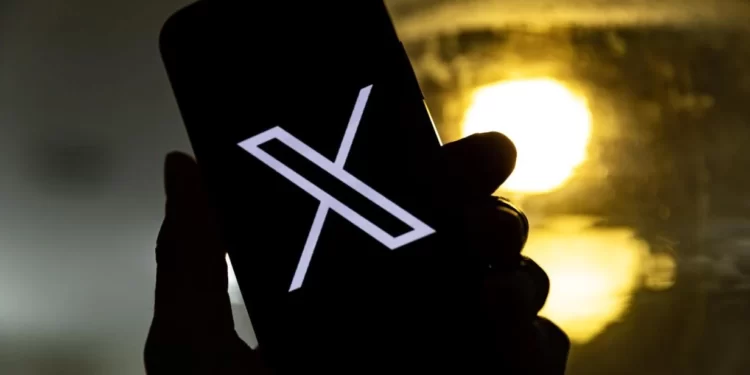Elon Musk, the owner of X formerly known as Twitter, has confirmed that the platform no longer has its election integrity team. The critical move arrives amid preparations for elections in multiple states around the world, including those where X is actively used during electoral events.
X’s election integrity team, which was responsible for preventing the spread of disinformation during elections and other forms of online disruptions to electoral processes, was slashed last week. Musk himself confirmed the team’s departure in a tweet on September 28, referring to it as the “team that was undermining election integrity” in his usual caustic manner.
Last month, a study released by the European Commission highlighted X’s failure to curb misinformation and disinformation. It placed X on top of the list of leading social media platforms, including Facebook, YouTube, and TikTok, for hosting the largest volume of misleading posts. The study analysed content from Poland, Spain and Slovakia, which are considered vulnerable markets for disinformation due to elections and war.
The move could land X in regulatory trouble in the European Union (EU), where the recently launched Digital Services Act (DSA) imposes stricter regulations on tech companies. The EU’s voluntary disinformation code, which X has opted out of, could also be made mandatory under the legislation. Violations committed under the DSA could cost social media firms about six per cent of their global turnover.
Since Musk’s takeover of X in October last year, the platform has undergone major product and organisational changes. A majority of these developments have contracted strong criticism from digital safety advocates and have been on the radar of regulators. X’s struggles with the lack of sufficient staffing after mass layoffs and resignations have exacerbated technical issues at firm. The platform has faced worldwide disruptions at least thrice since Musk’s $44 billion acquisition.
The billionaire also claims hate speech on X has declined significantly under his management. However, research conducted by academic and nonprofit organisations following his takeover explicitly indicates otherwise; hate speech has risen “dramatically” on X under Musk’s “free speech” ideals and posts targeting users on the basis of their race and identity are gaining high engagement. Musk’s intolerance towards reporting on hate on X has also resulted in a lawsuit against one such nonprofit.
The removal of the blocking feature, which was used to prevent harassment, bullying and stalking, complicates these issues even further. X has also reinstated political advertising, which was banned in 2019 following widespread concerns around deficient resources and mechanism to counter misinformation and other forms of potentially harmful content on social media platforms. Last week, it was reported that X also removed the feature that enabled users to report misinformation in Australia, ahead of a major electoral event in the country.





